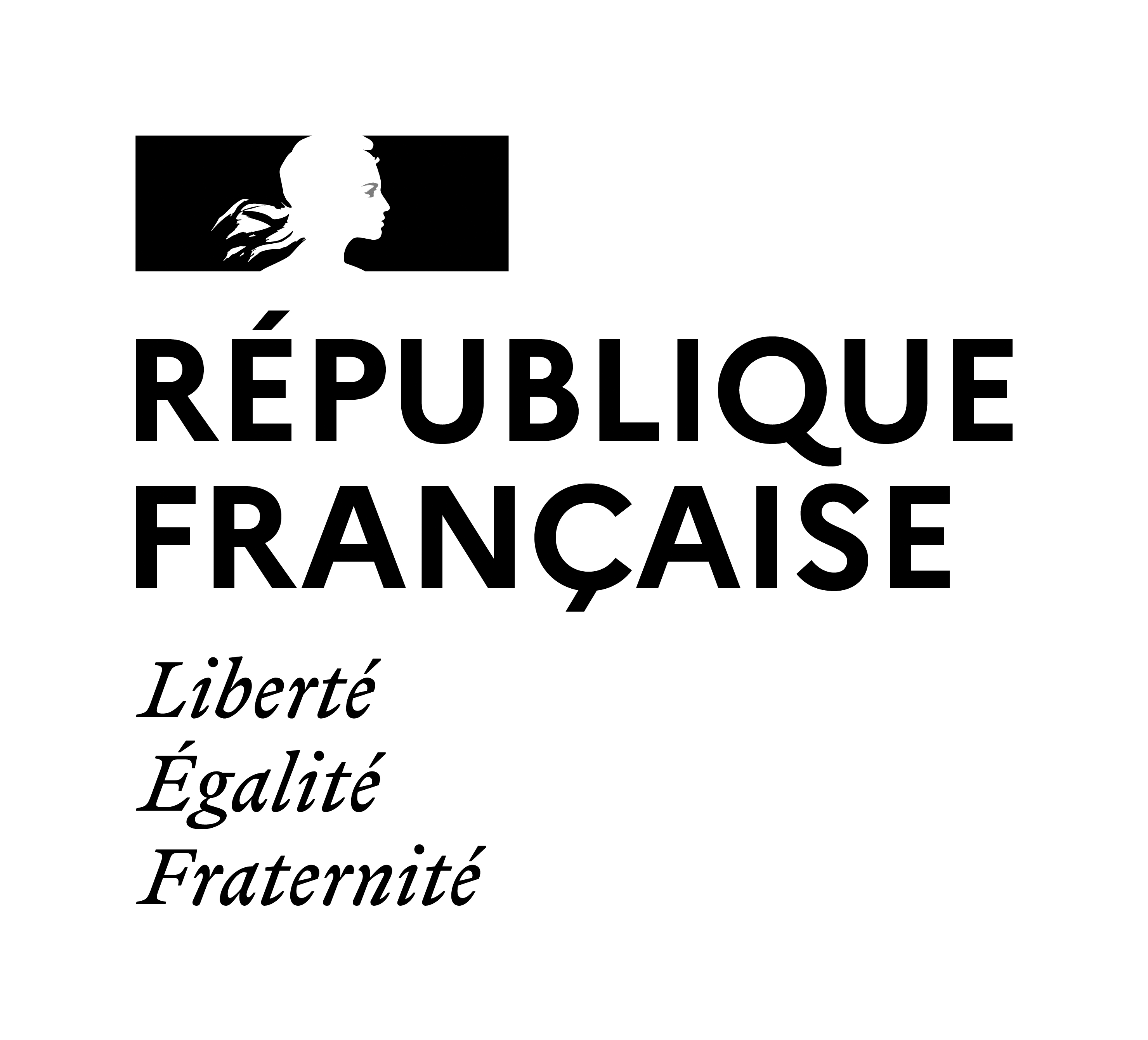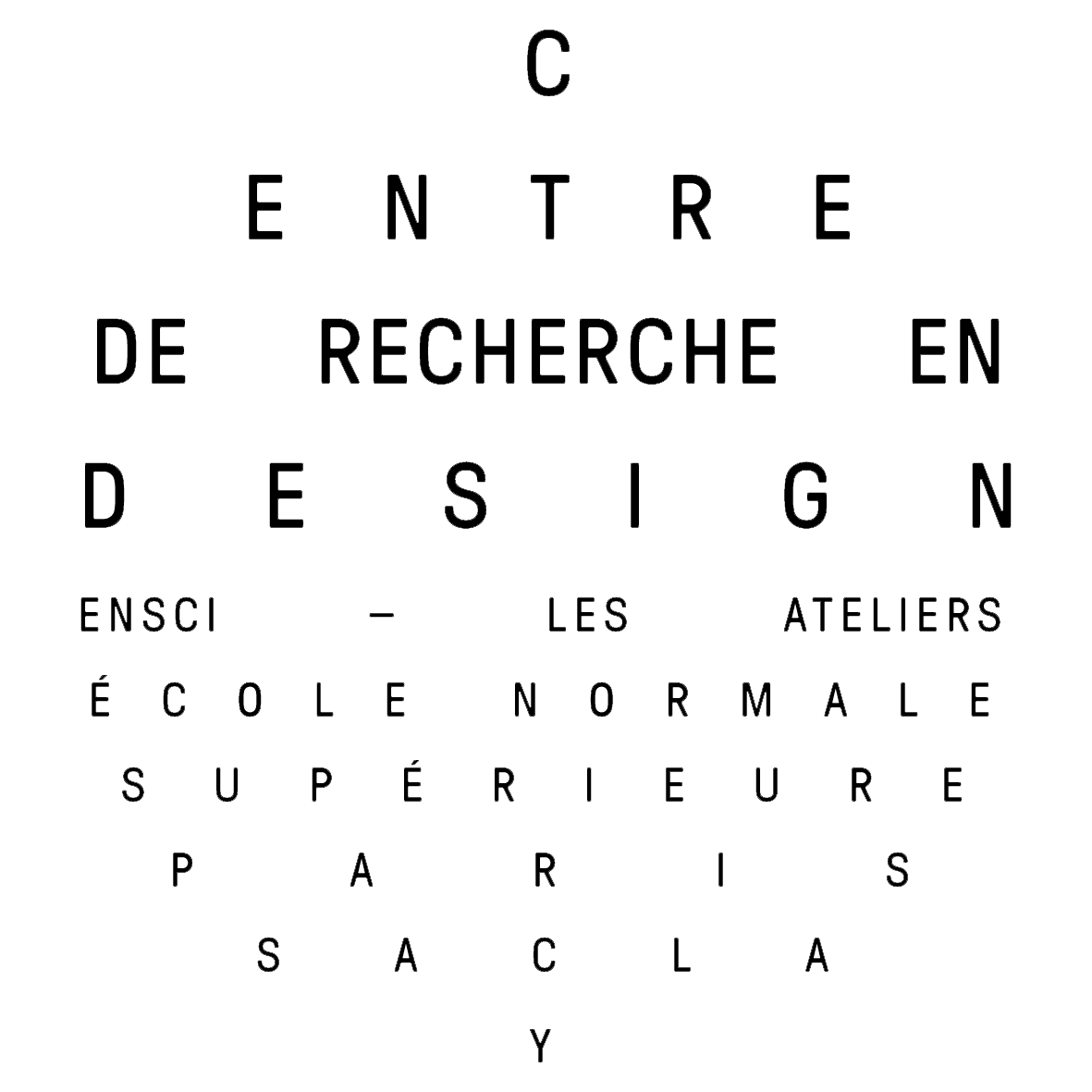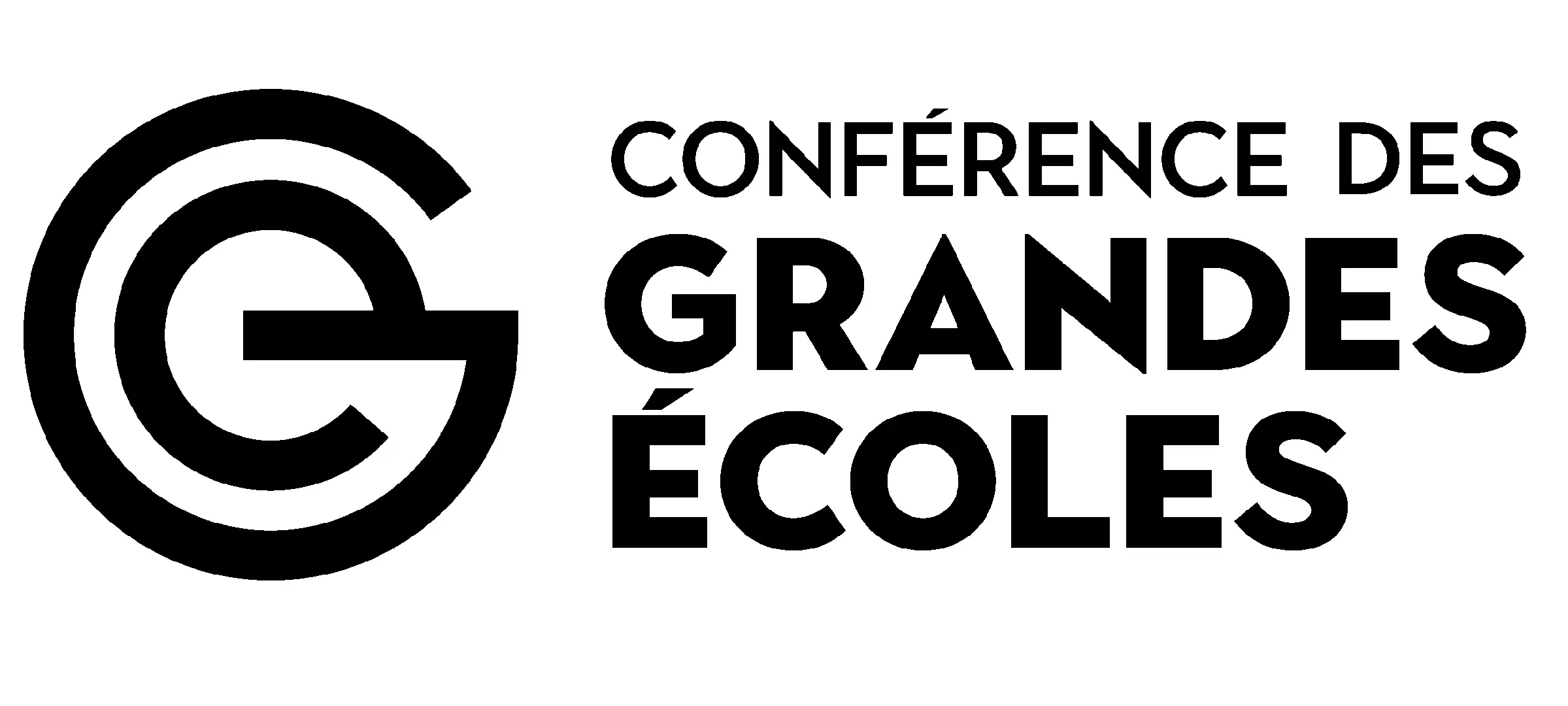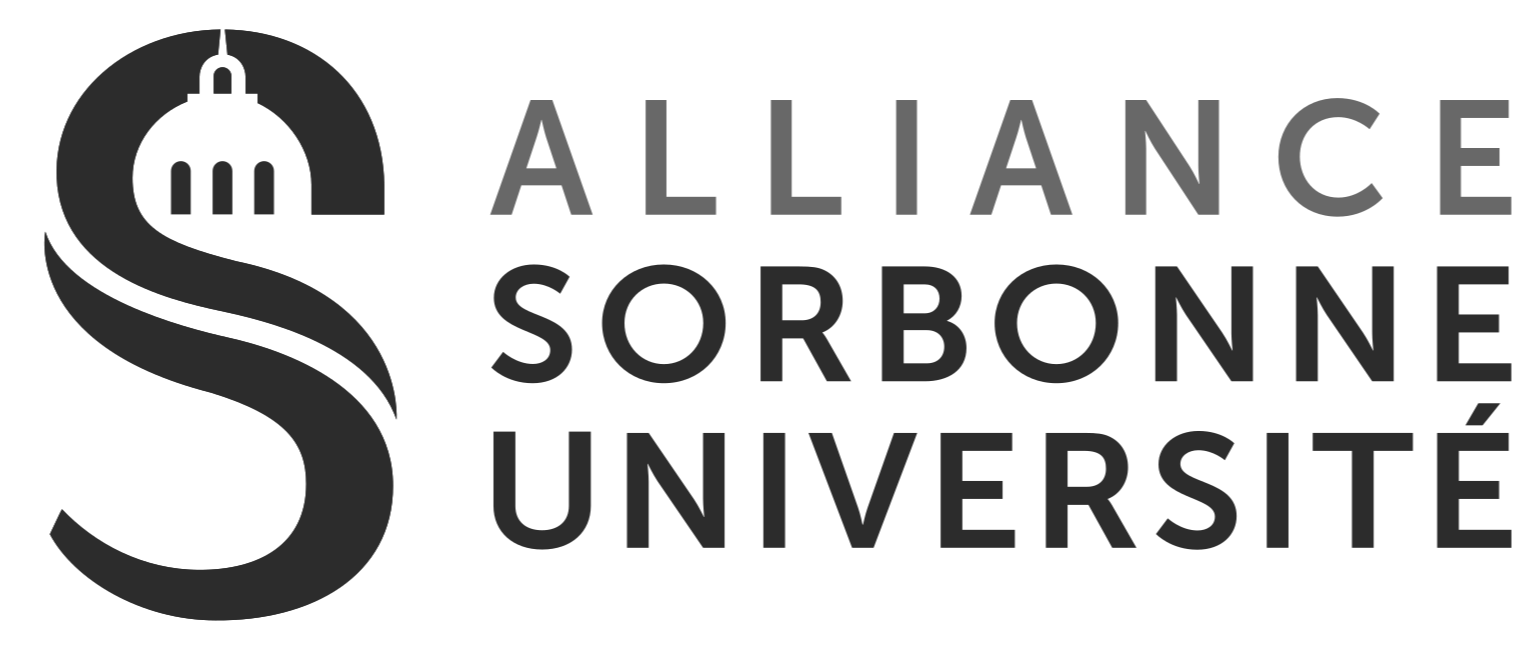PARTICULAR PEDAGOGY
A PEDAGOGY BY PROJECT
One cannot be a designer without being aware of it and without taking it into account. What to produce today, and how? Without promoting social injustice, without encumbering life, without damaging the Earth? Such questions constantly cross the path of industrial creation and confer on design serious issues and on the designer an inescapable ethical status. ENSCI-Les Ateliers trains designers without a priori a specific field and prefers, rather than an expert profile, that of a versatile, open and agile person, capable of adapting to the diversity of contexts and of interacting with a wide variety of players and professions.
The school stands out through:
- the diversity of profiles from the outset;
- a multi-generational mix;
- an absence of areas of specialisation;
- a project-based pedagogy;
- an individualised curriculum which makes students autonomous in their learning and ready to design their own professional orientation.
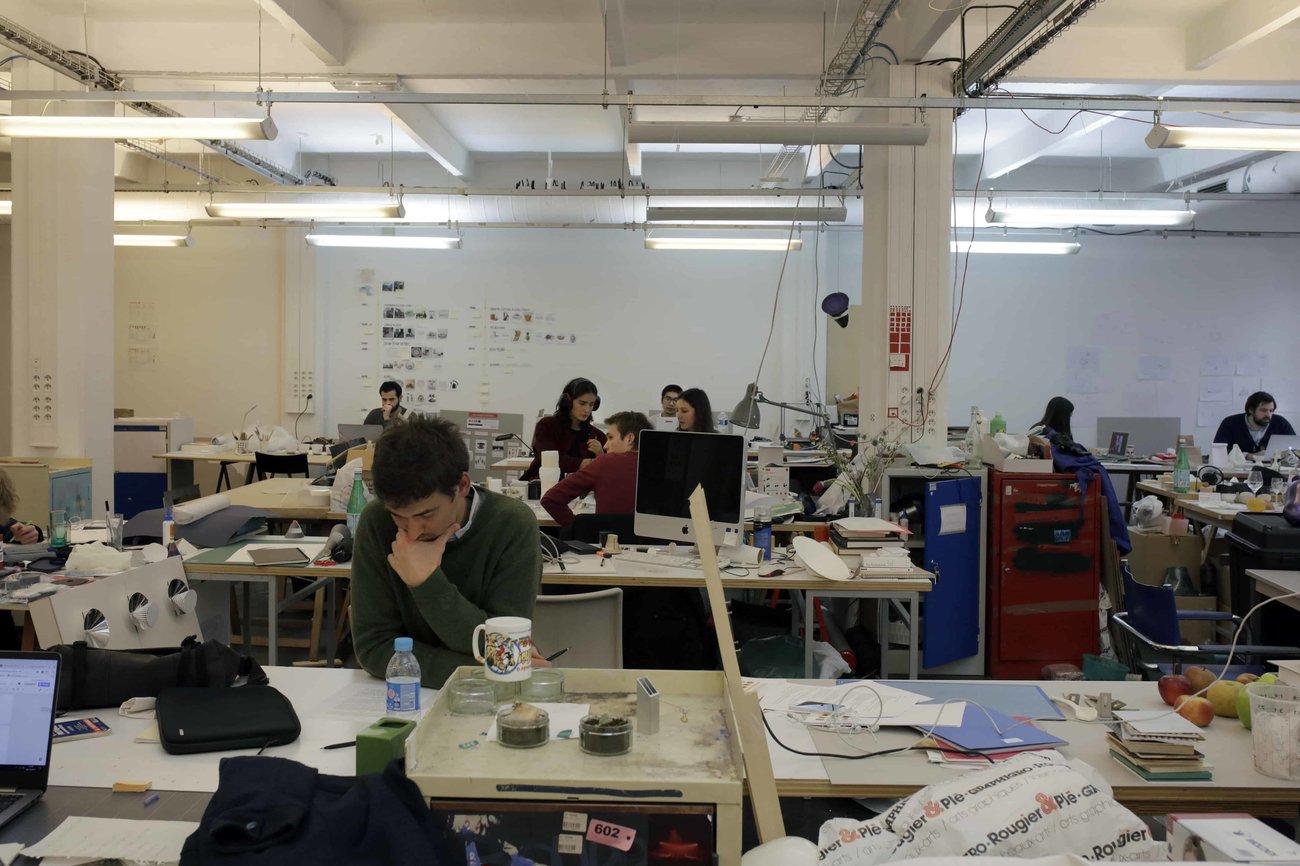
AN INDIVIDUALISED CURRICULUM
ENSCI offers students an individualised course, which not only meets the educational needs of each person, but also leads to the training of creators capable of "positioning" themselves autonomously in the multiplicity of design practices. This positioning of the student is expected for his diploma, both in the exercise of analysing his career path and in his dissertation and project, both of which must bear witness to personal research and reflection.
TEACHING METHODS
The design teaching offered at ENSCI Les Ateliers is based on three formal modes: theoretical and practical sessions, professional training led by a practising designer in the context of practical projects, and internship in a professional setting.
— Read more
A THREE-PHASE CURRICULUM
Learning is divided into 3 phases, rather than years since admission to the design school. Phase 1 is all about discovery, phase 2 explores industrial design in greater depth and encourages greater openness, and the final phase focuses on the degree qualification, which requires students to demonstrate theoretical and practical competency through their theses and projects.


